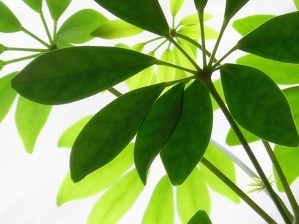Boric acid can become extremely toxic to plants in high quantities in soil, but for the first time research has shown how plants protect themselves from the toxicity.
Professor Mari Hrmova, a structural biology researcher from the University of Adelaide, gathered scientists from Australia, Germany and the United States for this study which was published in the journal The Plant Cell.
The research is significant to the agricultural industry because boric acid is detrimental to crops not only in the countries the researchers are from but to crops around the world. It is a primary cause of revenue loss. A better understanding of the effects of boric acid may lead to higher yields of edible crops and even improvement in their nutritional properties.
“The transport of nutrients and toxins in plants is critical for their survival," Hrmova said. "It is regulated by transporter proteins that are responsible for directing water and nutrients into plants, and removing toxins, but until now only a handful of these proteins had been characterized and we don’t know how the majority of proteins function."
The transport proteins play a significant role in how resilient a crop is to boric acid in soils.
“This study also presents a platform for deciphering the molecular function of other transporters in plants, like water permeating aquaporins (for the transport of water), and nitrogen, phosphorus and sugar transporters,” Hrmova said. “And now that we know how to influence the transport of boric acid in plants, we can commence developing crops that have improved nutritional properties and higher yields in a variety of sub-optimal soil conditions.”




 Alerts Sign-up
Alerts Sign-up